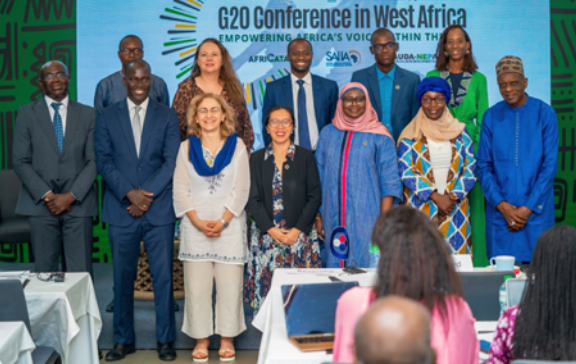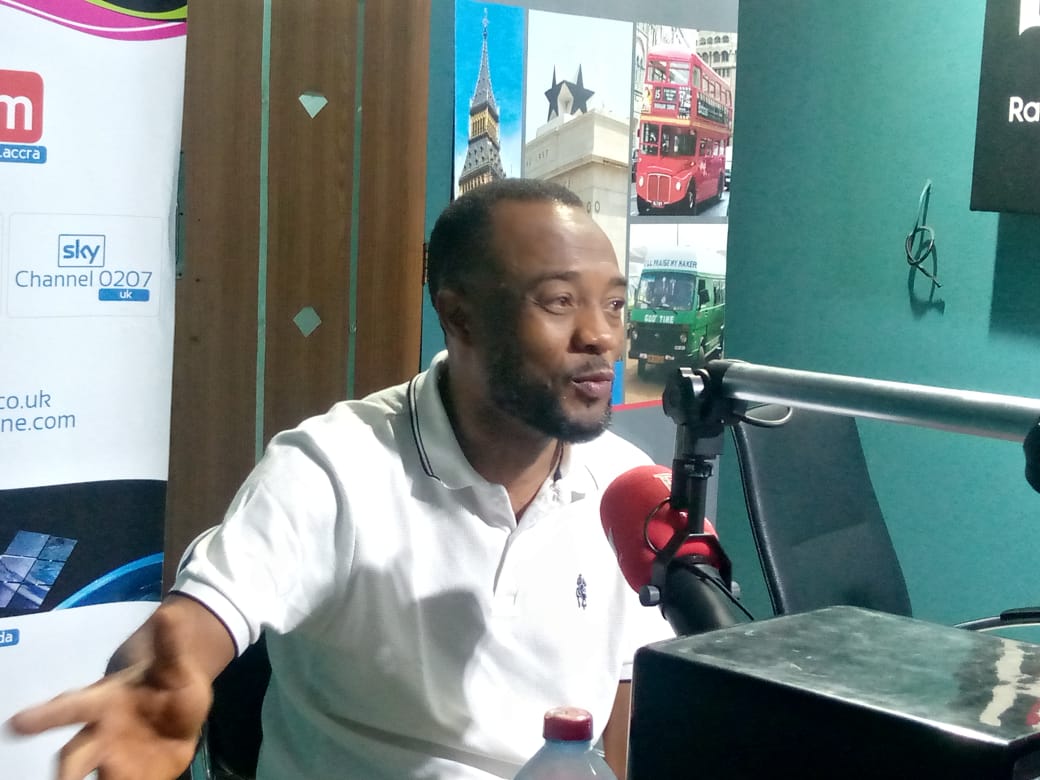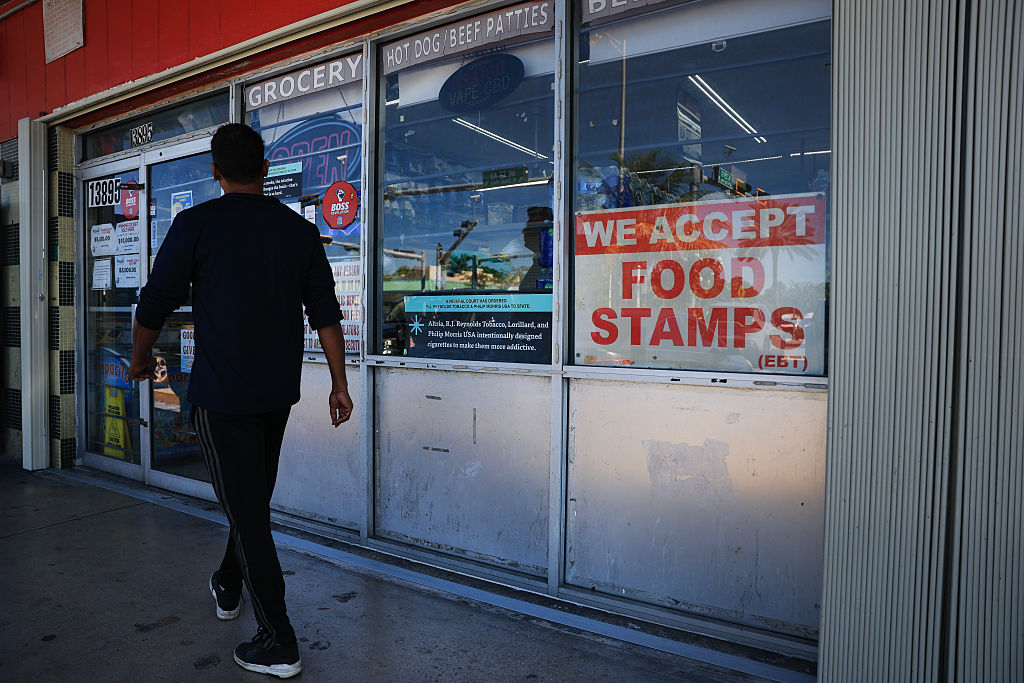Copyright standard

DAKAR, 5 November 2025 – With Africa’s standing in global decision-making rising, policymakers, senior government leaders, central bank officials, economists and development partners from across West Africa met in Dakar on October 30th-31st, 2025 for the G20 Conference in West Africa: Empowering Africa’s Voice Within the G20. Organized by AfriCatalyst, the South African Institute of International Affairs (SAIIA), the United Nations Development Programme (UNDP), and the African Union Development Agency – NEPAD (AUDA-NEPAD), the two-day dialogue explored how the continent can consolidate its gains in international financial and climate governance, and ensure that African priorities shape the agenda of the G20, the Fourth International Conference on Financing for Development (FfD4) and COP30. “This conference is extremely important in ensuring that the voice of the Global South is heard, that African priorities are reflected in the G20 agenda, and that global discussions focus on the issues that matter most to developing nations,” said Dr. Daouda Sembene, CEO of AfriCatalyst and a member of the G20 Expert Panel. “Following the presidencies of Brazil and India, South Africa has taken unprecedented action to amplify Africa’s concerns on the world stage.” The opening discussions examined Africa’s role within the G20 and lessons from the recent FfD4 and pre-COP discussions. Elizabeth Sidiropoulos, Chief Executive of SAIIA, highlighted the historic opportunity presented by the AU’s permanent G20 membership. “This is only the second year that the African Union sits as a permanent G20 member,” she noted. “It is a unique moment to elevate African issues in global dialogue and to bring these conversations home across the continent. We are entering a period where consensus alone is no longer enough. Africa must secure financing for the SDGs by 2030 and respond resiliently to the growing impacts of climate change.” Further panels explored debt sustainability, coordination among African member states, and the role of non-state actors, while UNDP launched a new report on debt sustainability in West Africa, highlighting evidence-based pathways to fiscal resilience. “We want to identify implementable financing solutions grounded in policy, evidence, and execution,” said Catherine Phuong, Resident Representative UNDP Senegal. “Political commitments must translate into pipelines, transactions, and measurable outcomes. Aligning incentives between policymakers, markets, and think tanks is critical to lowering Africa’s cost of capital and expanding fiscal space.” Day Two shifted focus to the pressing challenge of high cost of capital in Africa’s economic landscape. Sessions delved into strengthening Africa’s financial ecosystems, including reforms to domestic capital markets, regional development banks, and the Africa Credit Ratings Initiative, a proposal jointly developed by UNDP and AfriCatalyst that seeks to save the continent $74.5 billion annually lost to biased ratings. A high-level roundtable brought together government representatives, alongside experts from the Trade and Development Bank Group (TDB) and the Islamic Development Bank (IsDB), to discuss strategies for expanding affordable and predictable development financing. With the Africa Debt to GDP ratio of over 60% and Debt to export ratio of over 160%, the debt is high, limiting their capacity to invest in infrastructure, social services, and climate adaptation. “Sub-Saharan Africa’s external debt stock reached $863 billion in 2023, equivalent to 169% of total exports,” said Dr. Bartholomew Armah, Chief Economist at AUDA-NEPAD. “With average bond yields at 9.8%, debt-service costs now consume 16% of export revenues, a massive drain on future development.” “Addressing illicit financial flows, which cost the continent an estimated $88 billion annually, and establishing regional financing mechanisms such as the African Monetary Fund and the African Stability Mechanism, are crucial to restoring fiscal stability,” he added. Participants agreed that achieving fairer access to capital for African economies requires coordinated reforms at both the global and regional levels. They called for greater transparency and fairness in credit rating assessments, strengthening of domestic capital markets and regional development banks, operationalisation of the Africa Credit Ratings Initiative, and institutional reforms to reduce borrowing costs and enhance debt sustainability. Liana Hattingh from the Department of International Relations and Cooperation (DIRCO) South Africa reaffirmed the presidency’ commitment to an inclusive G20 agenda. “South Africa’s presidency has prioritized four areas aligned with the G20’s founding mandate: promoting sustainable and inclusive growth, strengthening disaster resilience, ensuring debt sustainability for low-income countries, and mobilizing finance for a just energy transition,” she said. “Harnessing Africa’s critical minerals for inclusive development is equally vital. Local communities must be the main beneficiaries of the energy transition.” Dr Patrick Ndzana Olomo. Acting Director, Economic Development, Integration and Trade at the African Union Commission (AUC) echoed that momentum, recalling the landmark African Union Debt Conference in Lomé earlier this year – “a historic moment where Africa spoke with one voice.” The resulting Lomé Declaration, he said, underscored that debt distress has risen from nine countries in 2012 to twenty-five in 2025, crowding out vital investments in health, education, and climate resilience. “The African Union Commission has taken a clear, united, and Forward-looking position on Africa’s debt challenge. Our ongoing efforts are driven by a single conviction that Africa must rethink and reposition how discussions on debt sustainability are framed, owned, and brought to the global stage.” The conference closed with a shared appeal for “strategic coherence and relevance” in Africa’s engagement across global platforms. “Engagement is not enough,” said Dr Armah. “We need strategic coherence and relevance to move from participation to tangible outcomes.”



